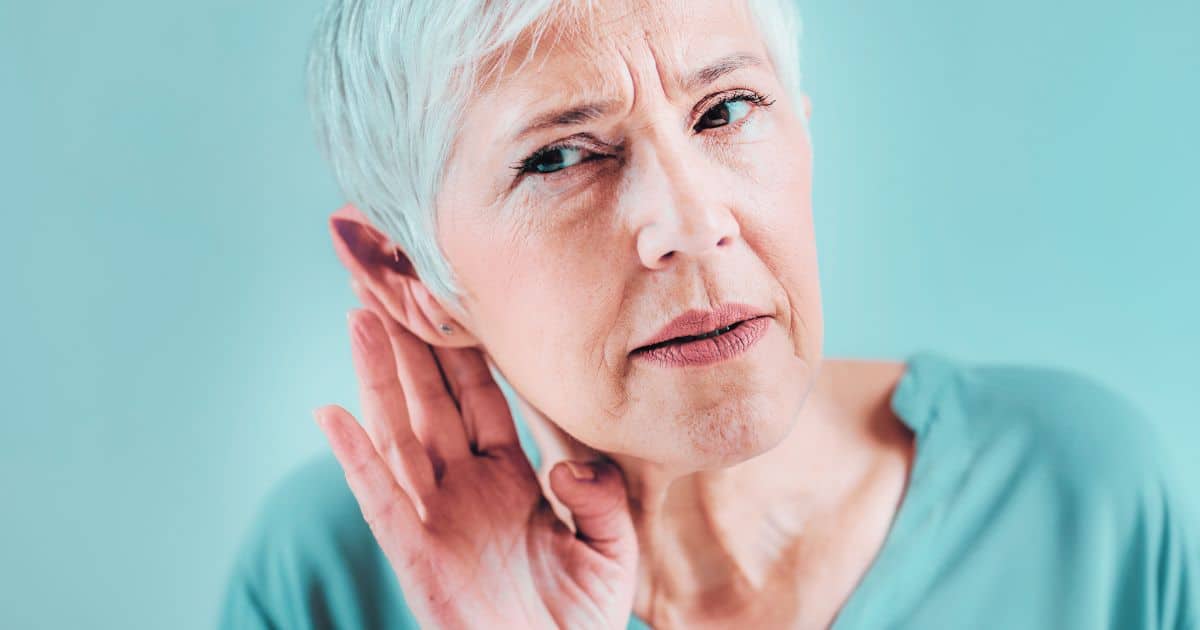Falls are the leading cause of injury related death in adults 65 or older. In the United States, around $50 billion is spent annually on medical care related to falls in older adults. Data from the World Health Organization estimates that more than 680,000 people die and 172 million suffer from falls related disabilities annually worldwide.
Hearing loss is also prevalent, with an estimated 15% of American adults noting difficulties hearing. The risk of hearing loss increases with age and it is estimated that in 2025 there will be more than 500 million older individuals with significant age related hearing impairment worldwide.
Both hearing loss and falls are huge societal problems that need to be addressed.
Hearing Loss and Falls
In recent years, there have been a number of worrisome associations with hearing loss including: increased odds of cognitive decline, social isolation, depression, poorer physical function, mortality, and greater risk of falling. A recent meta-analysis showed a 69% increased odds of falling in individuals with hearing loss. Older adults with hearing loss have also been shown to be more than twice as likely to fall as their normal hearing peers. The risk of falling appears to increase further with greater degrees of hearing loss.
This association has been shown to be independent of concomitant vestibular disease and other demographic features such as age and sex. Individuals with hearing loss may even show differing postural control strategies based on bilateral versus unilateral hearing loss.
Potential mechanisms behind this association could include reduced environmental awareness due to the hearing loss, or it may be related to cognitive load. An individual has only a finite number of cognitive resources to devote to all activities and thought processes, including hearing and environmental awareness.
We could speculate that someone with hearing loss must devote more cognitive resources toward environmental awareness, leaving less resources for spatial awareness. With less resources directed toward spatial awareness, the odds of tripping or stumbling would likely increase.
There is clearly an established association between hearing loss and increased falls risk; however, the pathophysiology behind this association is still not fully understood. It is also worth noting that association does not prove causation, particularly at an individual level.
This relationship needs to be further studied to better understand it.
Most age-related hearing loss is sensorineural, meaning it is related to degeneration of the inner ear cochlea or the vestibulocochlear nerve. At this time, sensorineural hearing loss cannot be medically corrected and amplification, most commonly through hearing aids, is the current means to treat this type of hearing loss. It is well established that appropriately fit hearing aids do help with communication and may even slow the rate of cognitive decline in elderly individuals.
Can Hearing Aids Help?
It appears amplification in the form of hearing aids may also be helpful in reducing falls risk. Hearing aids have been shown to aid in static balance function in elderly individuals with hearing loss. One study showed elderly hearing aid users were able to maintain balance on a compliant surface twice as long when they used their hearing aids. Another study showed individuals with untreated hearing loss were more than twice as likely to fall than their peers who wore hearing aids, suggesting a protective effect from hearing aid use. It is worth noting that the above cited literature includes individual studies and higher levels of evidence would provide more convincing evidence as to the efficacy of hearing aids in reducing falls risk.
Despite the sparse data, it is at least promising that hearing aids/amplification may be useful in reducing the risk of falls in an elderly population. Further research in this area is indicated to better determine the utility of amplification in falls prevention.
**Readers may find the August 2023 interview with Dr. Laura Campos, a clinical audiologist at the University of Colorado, intriguing. In this interview, she explores her research, which delves into the question of whether the use of hearing aids can help reduce the risk of falls:






